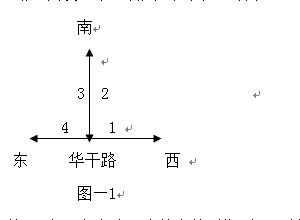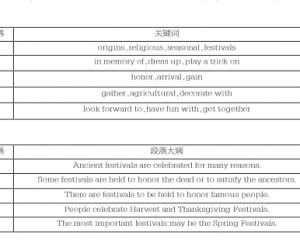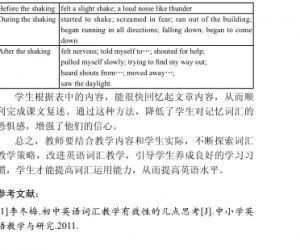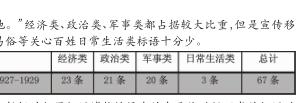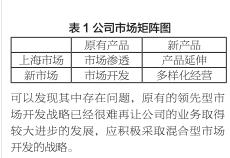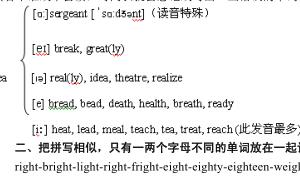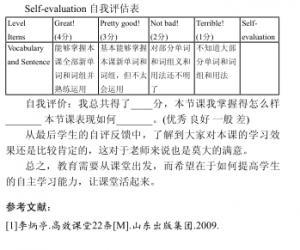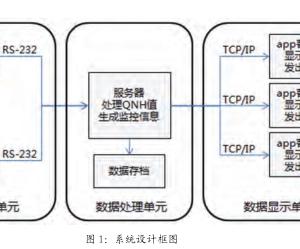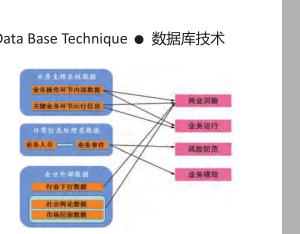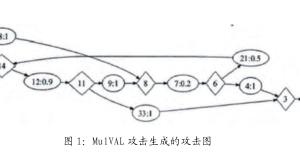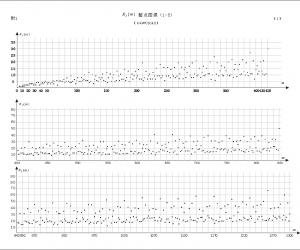英语动词活用探微
英语动词活用探微
李丽萍
(湖北麻城市理工中等专业学校,湖北 黄冈 438300)
摘 要:英语中动词形式繁多,搭配复杂。初学者倘肯下功夫钻一下语法书籍,也不难窥其堂奥。本文不作赘述,仅就动词活用问题略作铺陈。
关键词:英语;活动;运动
一、名词动用
古汉语中名词动用非常常见,英语中也不乏其例。下面就名词动用进行分类说明。
(一)表示动物的名词用作动词
表示动物的名词用作动词时,动词的意义往往与该动物的某种特性有关联。在具体语境中,意义一望而知。在写人状物时,如果用得得当,人物性格会立刻栩栩如生,活灵活现,所状景物描述准确,如同亲历。请看下面例句:
1. The road snaked away into the distance. (这条路蜿蜒通向远方。)
2. The children are monkeying in the garden. (孩子们在花园嬉戏打闹。)
3. The beggar wolved all the food on the table. (那个乞丐狼吞虎咽吃光了餐桌上所有的食物。)
4. The police are dogging a suspected thief. (警方正在跟踪嫌疑小偷。)
5. Don’t fox me! I’m not a child. (别骗我!我又不是三岁两岁。)
上述诸例中,通过名词动用,达到了用词简洁,意义明了的目的,且意趣盎然,妙趣横生,可谓每句之“眼”。例1中snake写出了路的“蜿蜒伸展”,例2道出了孩子“嬉戏”的天真顽皮, 例3可见乞丐‘‘狼吞虎咽’’的饿相,例4警察像狗一样地“尾随”不舍,例5把“狐狸”的狡猾与善于“欺骗”表现无遗。
(二)表示人体部位或亲属关系的名词用作动词
这类名词的意义一般与人体部位发出的动作或表示亲属之间的亲情的行为动作有关。请看下面诸例:
1. The kind woman mothered the orphan year after year. (那位善良的妇女年复一年母亲般地照顾这个孤儿。)
2. Tony fathered a daughter at the age of 50. (托尼五十喜得千金。)
3. He fingered his girlfriend’s long hair gently. (他轻轻地抚弄着女友的长发。)
4. They are just mouthing empty slogans. (他们只是喊空口号.)
5. The greedy boy couldn’t help eyeing the candies. (那个馋嘴的男孩目不转睛地盯着糖果。)
例1这位善良的妇女对孤儿的“照顾”,体现了母爱的温情、伟大与无私,例2暗含Tony 50喜得千金的喜悦、自豪与对女儿的爱怜,例3他轻柔地用手指抚弄着女友的长发,柔情蜜意尽在其中,例4无情地讽刺了那些只会喊空头口号的“嘴”,例5孩子目不转睛“盯着”糖果,馋态可掬。
(三)表示服装鞋帽、用具及其它名词用作动词
此类名词变为动词时,借其形状、用途以转喻与之相关之意。如:
1. He pocketed all the profits. (他把所有的红利装进了自己的腰包。)
2. The mountains were capped with snow. (白雪覆盖了群山。)
3. The customs officers netted a large quantity of drugs. (海关官员缉获了大量毒品。)
4. He hurriedly penciled his name on the paper. (他飞快地在文件上签下名字。)
5. She pinned a badge onto her jacket. (她将徽章别在衣上。)
6. The hall can house 1000 people, (大厅能容1000人。)
7. As he aged,his memory got worse and worse. (年岁愈老,记忆力愈差。)
例1、2、3由“口袋’到”装进腰包”,由“帽子”到“覆盖”,由“网”到“缉获”,借其形状和用途,不难联想,也很形象;例4、5、6由“铅笔”到“签名”,由“别针”到“别上”,由“房子”到“容纳”,借其用途,直观形象,易于联想,易于理解。
二、形容词、副词、介词和连词用作动词
这几类词用作动词相对较少,意义一般单一明了,变成动词后汉语意义跟原来差不多,兹举几例,不作赘述。
1.Thousands of workers attended evening classes in order to better themselves.( improve)
2.She took the new job to further her career. (develop)
3.The project is nearing completion. (coming close to)
4.The gap between the two teams has narrowed to three points. (become narrower)
5.Economic growth will be slowed a little in the coming years.( decreased)
6.We downed our coffees and left. (finished a drink quickly)
7.He upped and left without telling anyone. (stood up)
8.He is the latest corrupt official to be outed by Internet. (uncovered)
9.But me no buts. (Say no buts to me.)
10. Don’t dirty your hands again,baby! (make dirty)
三 不及物动词转化为及物动词
不及物动词和及物动词并不是一成不变的,同一个动词有时是及物动词,有时又是不
及物动词,要视具体情况而定。一般说来,一个动词由不及物变为及物动词时,往往有“使。。。,之意(cause ....),近似汉语的使动用法。试看下面几组句子:
1) Don’t worry about me. (别为我担心。)
Don’t worry me. (别让我担心。)
2) He was walking up and down the station platform.(他在月台上走来走去。)
Horses should be walked for a while after the race. (赛完马应当遛一会马。)
3) Most people have to work in order to live. (人们为了生活必须工作。)
Don’t work yourself to death. (别让自己累得要死。)
4) She came running to meet me. (她跑着来接我.)
I can’t afford to run a car. (我养不起车。)
5) She never tired of talking about her clever son. (谈到聪明的儿子,她从不感到厌倦。)
The long lecture tired the audience. (冗长的演说使听众厌倦。)
6) He would rather starve than beg for food. (他宁愿饿死也不乞讨。)
They tried to starve the enemy into surrender. (他们试图让守军因饥饿而降。)
英语中词类的相互转化变化万千,丰富多彩。随着英语的发展,这些变化将更加凸显, 英语语言将变得简明易学,生动传神,同时也会更加贴切准确,幽默风趣。
(部分例句择自Oxford Advanced Learner’s English-Chinese Dictionary)





